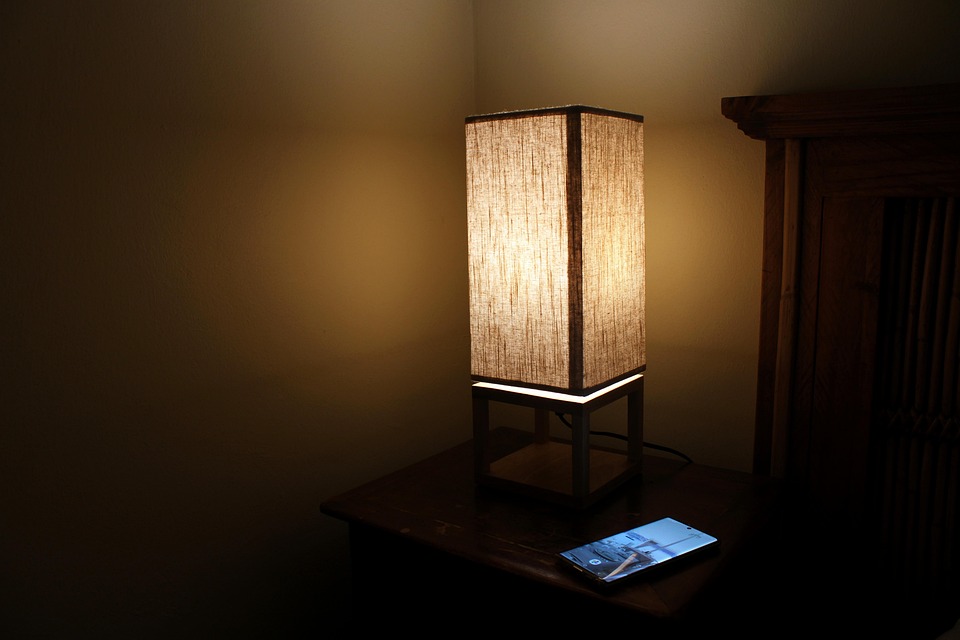Organic bedtime support tips can be your key to achieving the restful sleep you crave. Sleep isn’t just a luxury; it’s a necessity for your physical and mental well-being. When you dive into deep, restorative sleep, you wake up recharged, ready to take on the world. But when sleepless nights become the norm, everything else in your life can spiral.
So, let’s explore how you can nurture your body and mind with these seven organic bedtime support tips. You’ll discover simple, natural strategies that help you drift into dreamland effortlessly.
Understanding the Importance of Sleep
Sleep isn’t merely a break from your busy life; it’s a vital component of your overall health. Quality sleep enhances your mood, improves your memory, and boosts your immune system. According to the National Sleep Foundation, adults typically need between 7 to 9 hours of sleep each night. Without it, you may experience irritability, cognitive decline, and even chronic health issues.
1. Create a Sleep-Inducing Environment
Your bedroom should be a sanctuary for sleep.
- Darkness: Use blackout curtains to block outside light.
- Temperature: Keep your room cool—around 65°F is ideal.
- Noise: Consider white noise machines or earplugs to minimize disturbances.
Transforming your bedroom into a sleep haven not only prepares your body for rest but also signals your brain that it’s time to wind down.
2. Embrace Natural Sleep Aids
When looking for organic bedtime support, consider herbal teas. Chamomile, valerian root, and lavender have been used for centuries to promote relaxation.
- Chamomile Tea: Known for its calming effects, it can help reduce anxiety.
- Valerian Root: This herb is often used to treat insomnia and improve sleep quality.
- Lavender: The scent of lavender can lower heart rate and blood pressure, preparing your body for sleep.
Sip a cup of your chosen herbal tea about 30 minutes before bedtime. It’s a simple ritual that can make a significant difference.
3. Limit Screen Time Before Bed
Your devices might be your lifeline during the day, but they can wreak havoc on your sleep. The blue light emitted by screens disrupts melatonin production, making it harder for you to drift off.
- Set a curfew: Turn off electronics at least one hour before bed.
- Engage in analog activities: Pick up a book, journal, or try gentle stretching instead.
This shift in routine can help your body naturally prepare for sleep.
4. Practice Relaxation Techniques
Incorporating relaxation practices into your nightly routine fosters a sense of calm.
- Meditation: Even just 10 minutes of mindfulness can help clear your mind.
- Deep Breathing: Focus on inhaling deeply through your nose and exhaling slowly through your mouth.
- Gentle Yoga: Poses like Child’s Pose or Legs-Up-The-Wall can prepare your body for rest.
These techniques not only help you unwind but also increase your overall well-being.
5. Establish a Consistent Sleep Schedule
Your body thrives on routine. Going to bed and waking up at the same time every day regulates your internal clock.
- Stick to Your Schedule: Even on weekends, try to maintain your sleep routine.
- Limit Naps: If you must nap, keep it short—20 to 30 minutes is ideal.
Consistency is a simple yet powerful way to enhance your sleep quality.
6. Nourish Your Body Wisely
What you consume in the hours leading up to bedtime plays a big role in your sleep quality.
- Avoid Heavy Meals: Eating large or spicy meals close to bedtime can disrupt your sleep.
- Limit Caffeine and Alcohol: Both substances can interfere with your sleep cycle.
- Incorporate Sleep-Promoting Foods: Consider snacks with magnesium, like almonds or bananas, which can promote relaxation.
Making mindful choices about your diet can lead to more restful nights.
7. Use Essential Oils
Essential oils can provide organic bedtime support in a delightful way.
- Lavender Oil: Studies show that lavender can enhance sleep quality and help you feel more rested.
- Bergamot Oil: Known for its calming properties, it can promote relaxation.
- Cedarwood Oil: This oil can help reduce stress and enhance sleep quality.
Try diffusing these oils in your bedroom or applying them to your pillow. Your senses will thank you.
Bottom Line: Your Path to Restful Sleep
Sleep isn’t just about closing your eyes; it’s about creating a lifestyle that prioritizes your well-being. By integrating these organic bedtime support tips, you can transform your nights from restless tossing and turning into peaceful, restorative sleep.
Remember, it’s about nurturing your body and mind so you can wake up refreshed and ready for the day.
Your journey to restful sleep starts now. Why not take the first step tonight?
FAQs
Q: How long does it take for these tips to work?
A: While some may notice changes immediately, it can take a few weeks to establish new habits and see significant improvements.
Q: Are there any side effects of using herbal teas for sleep?
A: Generally, herbal teas are safe, but consult with a healthcare professional if you have allergies or are on medication.
Q: How can I create a relaxing bedtime routine?
A: Start by dimming the lights, engaging in calming activities like reading or meditating, and sticking to a consistent schedule.
By embracing these organic bedtime support tips, you’re not just investing in sleep; you’re investing in a vibrant, energetic life. Start tonight!
Get Your FREE Natural Health Guide!
Subscribe now and receive our exclusive ebook packed with natural health tips, practical wellness advice, and easy lifestyle changes, delivered straight to your inbox.




